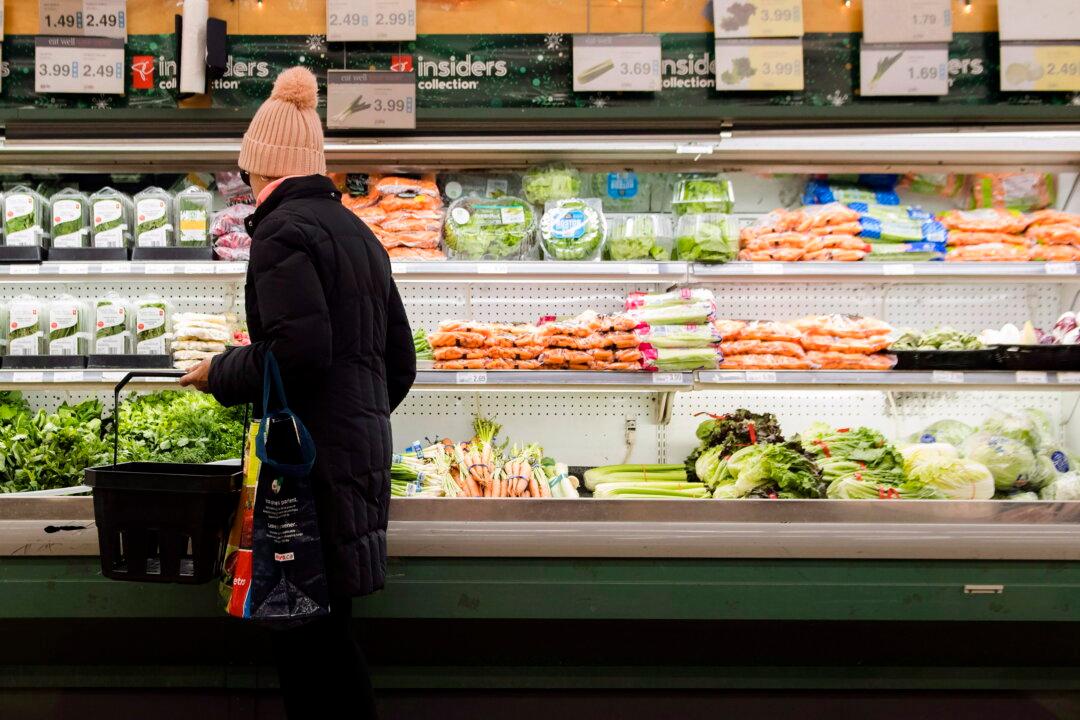Available evidence suggesting that grocers are increasing food prices under the guise of inflation—a phenomenon also known as “greedflation”—is “weak, at best,” says Sylvain Charlebois, a researcher and professor in food policy and distribution.
“Accusations of gouging in the food industry have reached an all-time high,” Charlebois said while testifying before the House of Commons finance committee on Sept. 28.





